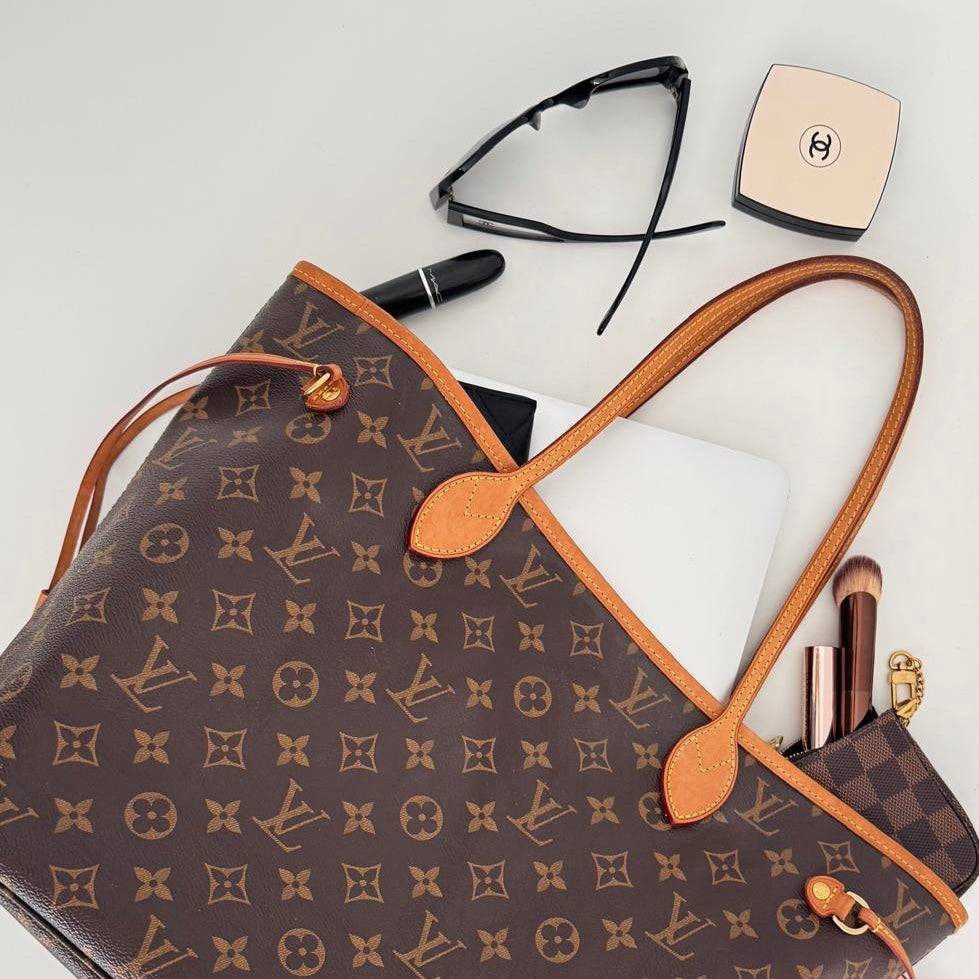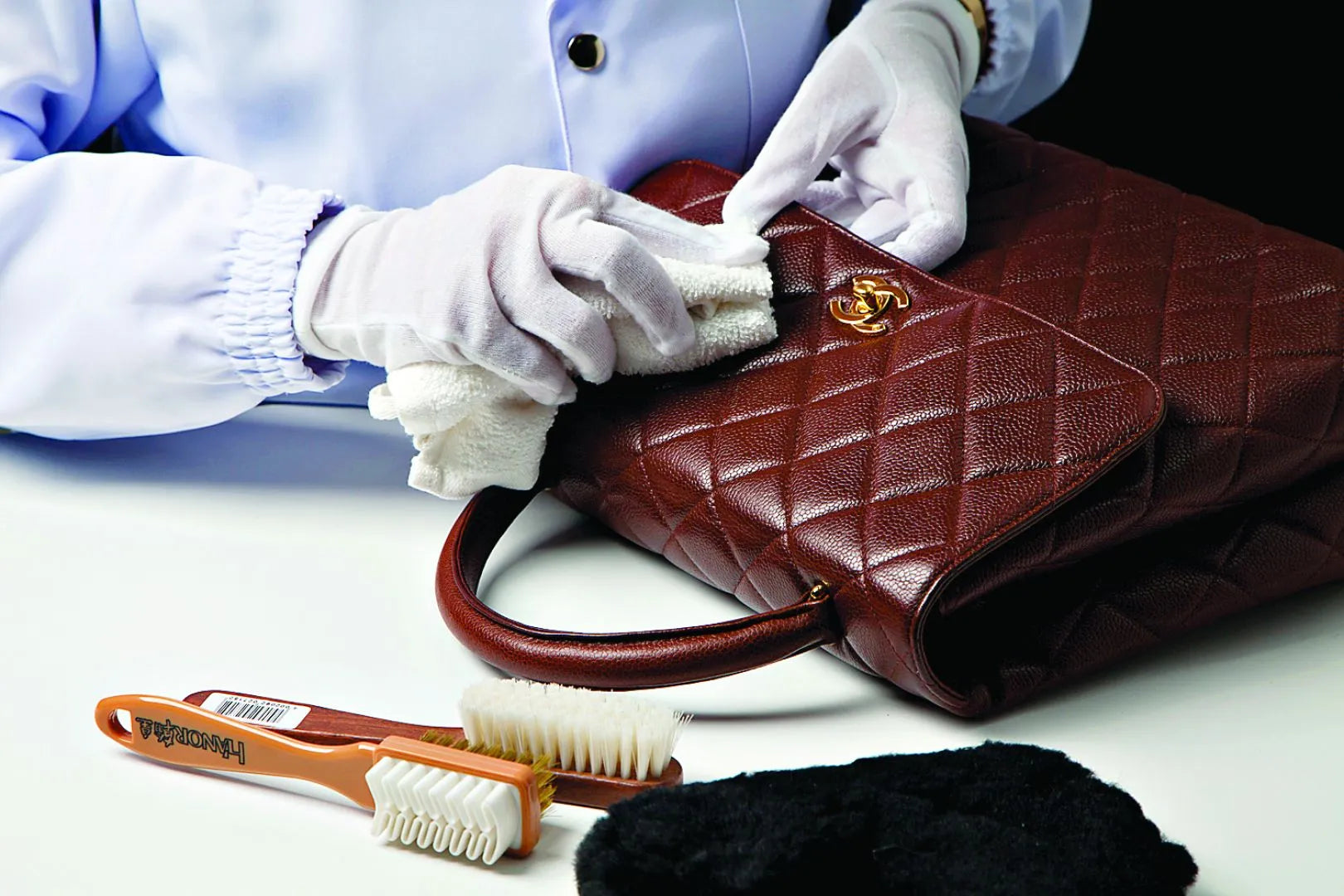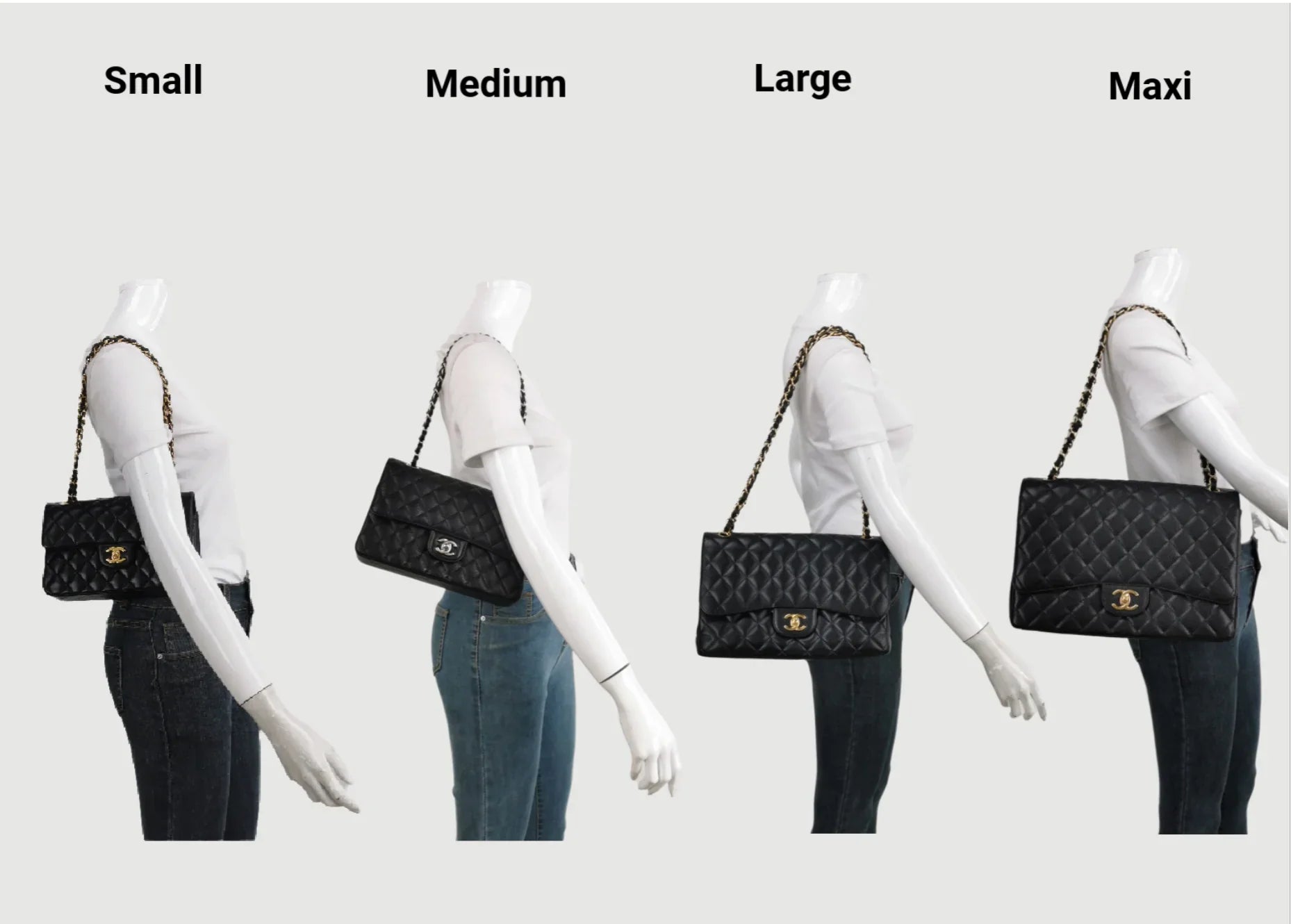
Understanding Buyer Remorse in Luxury Fashion — and How to Prevent It
In the world of luxury fashion, every purchase is meant to feel like an investment — emotionally and often financially. Yet even the most iconic pieces can leave buyers second-guessing their decisions. This phenomenon, known as buyer remorse, is more common than most consumers think.
What is Buyer Remorse?
Buyer remorse refers to the emotional discomfort or regret a person experiences after making a purchase, especially high-value items. It is often triggered by second thoughts about price, necessity, or product expectations (Oliver, 1997). In the luxury sector, where exclusivity and emotion play a central role, remorse can be amplified by the psychological weight of making the “perfect” choice.
Why Does It Happen?
Several factors contribute to buyer remorse in the luxury space:
- Decision fatigue: The pressure of choosing from limited-edition or rare items can lead to rushed decisions.
- Social comparison: Seeing similar pieces for less elsewhere or hearing others’ opinions can spark doubt (Lynn & Harris, 1997).
- High expectations: Premium price tags are often equated with perfection. Any minor flaw or mismatch in expectation can lead to disappointment.
- Post-purchase rationalisation: Once the initial excitement fades, the mind looks for justifications — or doubts.
How to Avoid It
Luxury retailers have a responsibility to help clients make informed, confident decisions. Here’s how remorse can be minimised:
- Transparency: Detailed photography, objective condition ratings, and professional authentication are essential.
- Education: Offering insight into product history, investment value, and rarity creates trust.
- Curation: When clients know that the collection has been handpicked with expertise and longevity in mind, confidence increases.
At DesignerbagZ, we take this responsibility seriously. Every piece in our collection is curated not only for aesthetic appeal, but also for its long-term value. Many of our bags are discontinued or extremely rare — with a value trajectory that tends to increase over time. Owning one of our icons means more than making a purchase; it’s a form of investment.
Our clients also benefit from independent certification, lifetime authenticity guarantees on certain pieces, and the reassurance of working with trusted advisors who offer full transparency. These elements drastically reduce the likelihood of regret, as each item is selected and presented with precision, honesty and care.
Final Thought
Buyer remorse is a real psychological experience — but one that can be avoided when consumers are empowered with knowledge, transparency and trust. In luxury resale, peace of mind isn’t a bonus — it’s a necessity.
Own your icons.
Certified luxury. Curated for you.
References
- Lynn, M., & Harris, J. (1997). The desire for unique consumer products: A new individual differences scale. Psychology & Marketing, 14(6), 601–616. https://doi.org/10.1002/(SICI)1520-6793(199709)14:6<601::AID-MAR5>3.0.CO;2-B
- Oliver, R. L. (1997). Satisfaction: A behavioral perspective on the consumer. McGraw-Hill.


